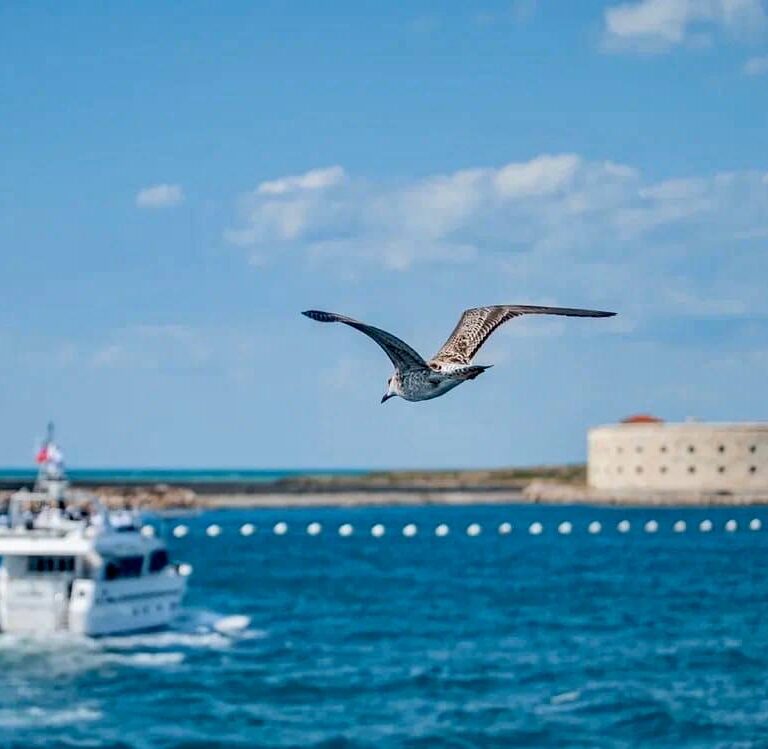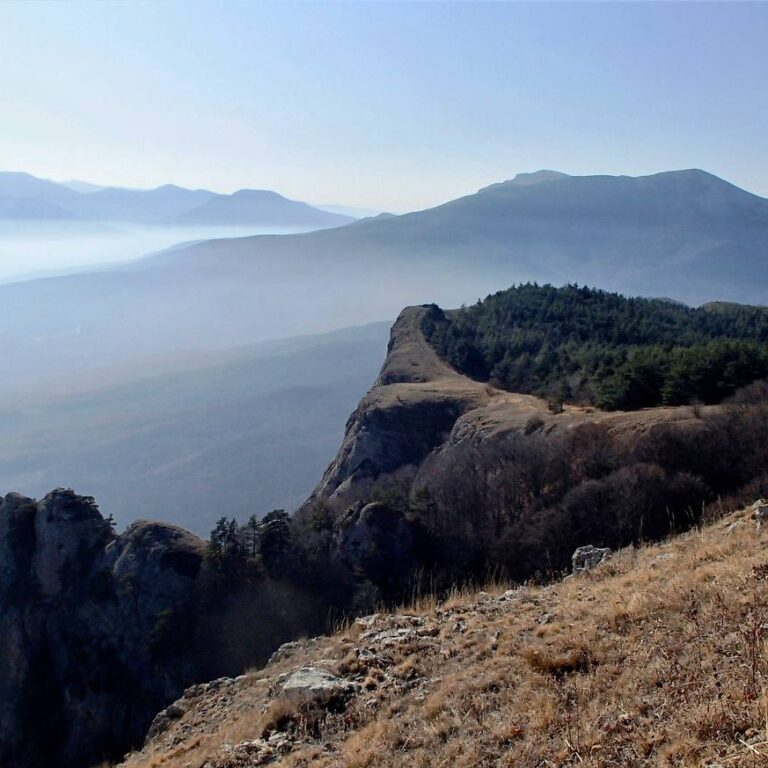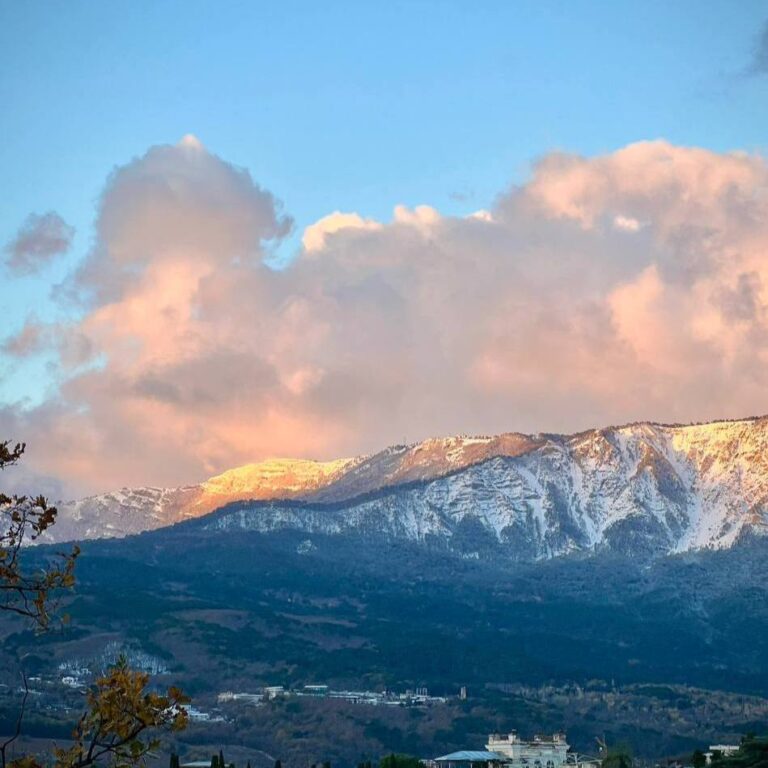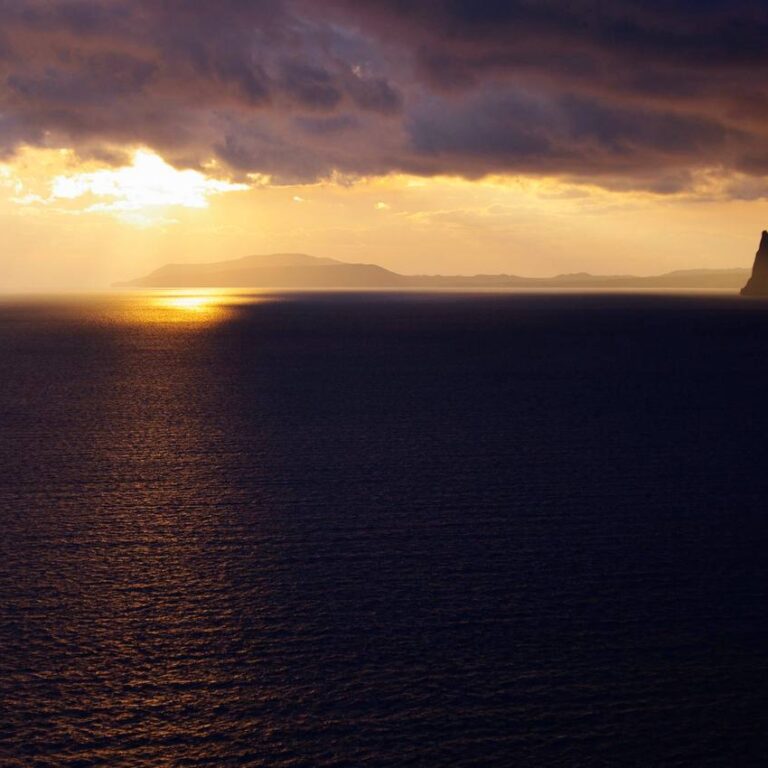World Jurist Association (WJA), connected with World Law Foundation (WLF) is an international organization created by renowned jurists from around the world. Its main purpose is the defense of the rule of law. It is modeled on Winston Churchill’s historic Iron Curtain speech, 1946 that favored the law over the use of force.
World Law Congress (WLC) is a key form of WLF and WJA activities and relevant Congresses were held since 1963. On the 26th Biennial Congress on the Law of the World, WLC-2019 the risks for modern international order were clarified, including illegal Russian military, space, maritime and propaganda policies.
On the 27th Congress in Barranquilla, Colombia on 2021, in the eve of broad-scale Russian aggression in Ukraine the issues of all world democratic and legal institutions’ co-operation were discussed, including counteraction the international crimes and broad-scale violations the human rights.
Next Congress is announced by WJA on July, 2023 and its importance for legal counteraction of Russian aggression is researched by ARC’s expert, participant of 26th an 27th Biennial Congresses in Madrid and Barranquilla, professor Borys Babin.
“A world ruled by law, not force”: this has been the WJA’s mission since its founding in 1963. The WJA was formed in response to an international outcry for a free and open forum where judges, lawyers, law professors and other professionals from around the world could work cooperatively to strengthen and expand the Rule of Law and its institutions through the nations of the world.
As a non-governmental organization with special consultative status at the UN Economic and Social Council, the WJA provides a unique forum for the international community, it works closely with governments, non-governmental organizations and international associations to foster a cooperative dialogue on world peace.
On December 2 and 3, hundreds of delegates participated in the WLC 2021, celebrated in Barranquilla, organized by the WLC. The event hosted, during two interesting and long days, great personalities from the world of law: more than 1,500 judges, lawyers, magistrates, professors, prosecutors, academics, notaries and students from 140 different countries attended.
The event began with opening remarks by Javier Cremades, president of the WJA, Pablo Casado, president of the Partido Popular in Spain; Viviane Reding, vice president of the European Commission. The theme of the event was the rule of law and how it affects the development of nations, an issue that was analyzed in depth in more than 52 discussion panels.
On December 2, 2021 my report was presented on the WLC, in a framework of discussion regarding issues refugees and migration. Report stressed that the questions of international migration, refugees and asylum seekers are well-recognized and actual issues of modern national and international theory and practice.
But the entire problem of person’s displacement is much more global and complicate, so one of its key issues is the internal displaced persons’ (IDPs) rights. IDPs phenomena is directly connected with human rights, transitional justice and sustainable development, it includes millions of people and states of all continents.
As there are five million IDPs in Colombia alone, and even before Russian broad-scale aggression there was more than million IDPs in Ukraine this issue was extremely important for WLC discussion, as IDP make undoubtedly crucial influence for the whole national development, same as on the regional order.
Sustainable development was also researched by WLC in Barranquilla, regarding the interstate conflict issues. Experts reminded to Congress that ideas of sustainable growth have quite long politic and legal history.
John S. Mill’s concept on “happier population” just transformed the ideas of Francisco Vittoria on the jus communicationis et societatis humanae and ideas of Bartolomé de las Casas proclaimed on Valladolid debate. So the UN’ Brundtland Commission, proposing the concept of sustainable development to the whole world, did not discover America and it had a well established ground for the relevant mechanisms distributed.
And last four decades of relevant national, regional and universal practice should give us the direct response on key issue – did the ideas of sustainability implement in the legal reality. The challenges for the development such as conflicts, non-equality and pandemias are the long-distance features of the human kind.
Of course, experts mentioned, today the wars are hybrid, the discrimination got form of the digital divide, and the infections are not the God’s acts only, but often a human’s creation. But the mechanisms of legal counteraction the injustice are often the same, and as 9 years of occupation the Crimea so year of broad-scale Russian invasion are global challenges for all concept of sustainable development.
Our Association also presented at the WLC in Colombia evidences of Russia’s use of third-country nationals, paramilitary formations and civil-military organizations like “Cossacks”, “veterans of the Soviet-Afghan war”, in the criminal military operation “Crimean Spring”, as well as regarding their role in the process of the continuing occupation of the Crimea.
The Association noted that these “formations” are clearly linked to the Russian government and are used by the aggressor’s authorities and by the relevant punitive structures as a weapon of discrimination and forceful displacement of the Crimean residents. The mechanisms of control of these structures by Russian punitive and special bodies were announced.
Separate details of the Association’s investigation of Russia’s methods of using “civil” structures and various types of organizations directly involved in destructive activities in the Ukrainian Crimea and in neighboring countries in the post-Soviet space with the criminal aim of “legitimizing” the occupation of the peninsula were disclosed.
WLC got presented forms of pressure, blackmail and persecution of Crimean residents for disagreeing with the fake “duty to vote” for occupiers, as well as the connection of Russia-controlled paramilitary structures with activities to militarize minors, human trafficking and racial discrimination in the occupied Crimea.
Within the framework of the discussion held at the WLC-2021, the illegal and unlawful nature of the activities of such aggressor’s structures against states, the rights and freedoms of the civilian population and individual individuals was especially noted.
Concluding the WLC-2021, Colombian President Iván Duque highlighted the negative role of palamilitary structures in encroachments on sustainable development, democracy and human rights, leading to discrimination and forced migration of victims of conflict.
Also in closing, the President of Colombia, Iván Duque, received from the hands of King Felipe VI of Spain the World Peace & Liberty Award from the WJA, in recognition of Colombia’s commitment to democratic values and the rule of law.
Preparing the WLC-2023 in New York, WJA held some on-line sessions with total scope on climate challenges and energy transitions including opening Session “Rule of Law, Energy Transition & Climate” and the panel “Digital Resources for Climate Law”. My report, as Association’s expert, was presented for the paned participants, regarding “Crimea.Dehidration” movie and presentation, made for the UN Summit on Climate Change (COP27), which was held in Sharm el-Sheikh, Egypt, on November 6-18, 2022, in framework of roundtable “Impact on climate change: Crimea, indigenous peoples and international crimes”.
The COP27 participants discussed the significant negative role of Russian aggression on climate change in regional and global dimensions. Atmospheric pollution as a result of massive and extensive emissions of combustion products, the destruction of thousands of square kilometers of forests and plantations, as well as natural soils in the combat zone close to the Crimea, interference by the Russian occupiers in the activities of land reclamation systems and natural watercourses of Southern Ukraine were attributed to the relevant negative impacts.
Also, the negative impact of the aggression included the destruction of the ecosystems of the Black and Azov seas, which are important for oxygen exchange, due to their pollution by oil products and chemicals from aggressor’s naval vessels and their missile ammunition, as well as changes in ecosystems caused by the mass death of mammals and fish due to noise and explosive pollution during the Russia’s naval aggression.
Special risks arise in this zone regarding potential changes in the hydrogen sulphide layer located in the deep-water part of the Black Sea, and due to the possibility of corresponding emissions, in particular due to explosive processes.
At the COP27 event, it was noted that the main negative consequences for the indigenous peoples of Crimea, including the Crimean Tatars, are the destruction or damage due to climatic changes of natural ecosystems and areas of traditional farming, namely: desertification of Western Crimea, deforestation of the Crimean mountains, destruction and disappearance of marine coastal aquatic complexes, collapse of biosystems Sea of Azov, salinization of the soils of the Central and Eastern Crimea.
Also WJA panel participants got Association’s research on the modern understanding of ecocide, published in The Hague, where it pointed out that crimes against the environment associated with Russian aggression cause a significant negative impact on global warming; at the same time, their correct international legal qualification becomes important, and therefore it is necessary to develop the concept of an international crime against the environment.
Later Diego Solana, International Advisor of the WLF and Program Coordinator of the WLC announced the opening of registration at the WLC New York 2023 to professionals, activists, and students around the world, invited everyone to participate in this major global legal meeting. He stressed that in addition to environmental and energy law issues, topics such as freedom of expression in the digital world, the regulation of stable cryptocurrencies, judicial independence, gender equality, and arbitration will be discussed on Congress, and it will include issues of counteraction Russia’s aggression and de-occupation of the Crimea.







